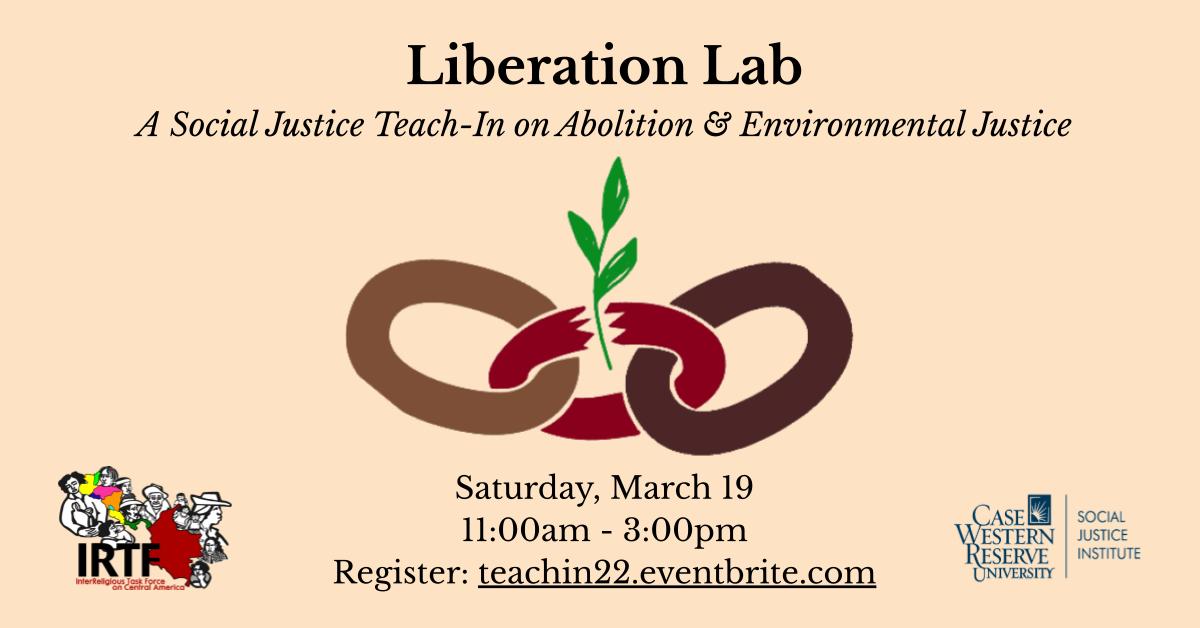The Boycott, Divestment, and Sanctions movement at age seventeen has proved to be so successful that U.S. and Israeli imperialist and Zionist leaders have lobbied states in the U.S. and the federal government to enact anti-boycott laws. Ohio is one of those states that has limited constitutionally protected Free Speech. Panelists include Dr Nahida Halaby Gordon (CWRU), Dr mazin Qumsiyeh (Bethlehem and Birzeit Universities), Terry J. Lodge (Ohio Free Speech Coalition) and Eric Reisnick (Ohio Free Speech Coalition, Jewish Voice For Peace Cleveland)
- Home
- About Us
- Issues
- Countries
- Rapid Response Network
- Young Adults
- Get Involved
- Calendar
- Donate
- Blog



